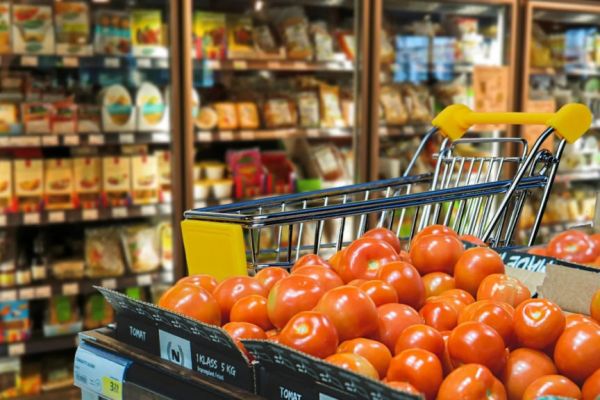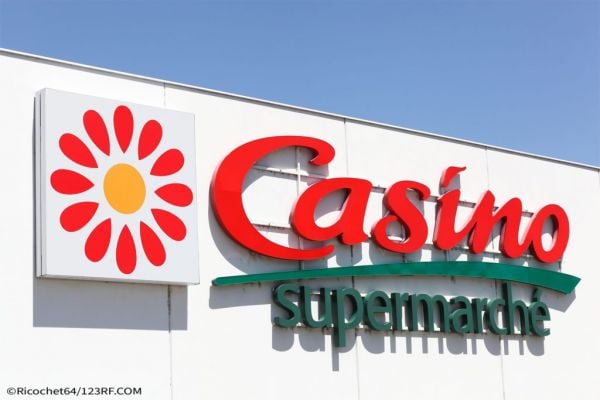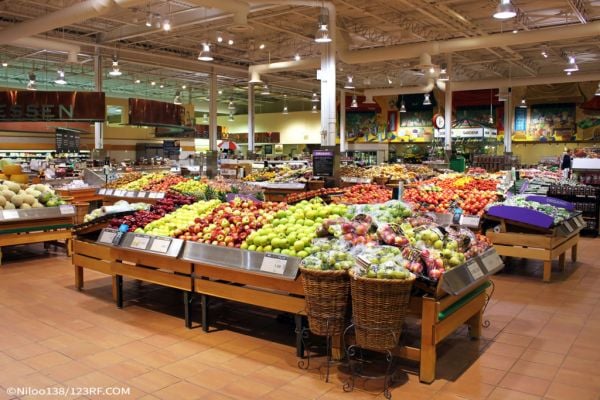The European Sustainable Food Coalition (ESFC), which was established to empower the grocery retail and foodservice sectors to embrace a sustainable future, has held its first online event, involving representatives from Migros, Ahold Delhaize, the European Commission, EuroCommerce, FoodDrinkEurope and Wageningen Economic Research.
The event sought to address a number of pressing issues relating to the sustainable evolution of the food industry, including examining the rationale behind food impact assessments for food players, and strategies to measure and communicate the environmental and socio-economic impact of food and beverage products at scale.
'Urgency And Collective Action'
"In response to the critical challenges posed by the current food system, the European Sustainable Food Coalition is forging ahead with a mission of urgency and collective action," commented Markus Linder, co-initiator of the EFSC and CEO at inoqo. "Grocery retailers, food suppliers, and F&B brands must unite around a common vision for decarbonising the food industry."
The food sector currently accounts for more than a third (34%) of global greenhouse gas emissions, as well as 70% biodiversity loss, and the ESFC is advocating for food industry players to take decisive action.
For example, as it notes, many food businesses currently rely on category average data to report their scope 3 greenhouse gas emissions, an approach that assigns a generalised impact value to a category without considering the unique ingredients and composition of each product.
“If you are developing your scope 3 footprint based on global emission factors, the only way to show a reduction is to change your assortment," said Grant Sprick, VP of climate and environment at Ahold Delhaize. "Otherwise you are unable to account for the activities that you and your supply chain do on-farm.”
As Sprick added, the business case for product-level impact assessment can be compelling leading to a potential higher capital return, better performance in benchmarks, and other opportunities.
"Furthermore, it presents a unique chance for retailers to engage customers and foster loyalty by encouraging them to make more sustainable choices," he said.
Primary Data Collection
At the core of the ESFC's mission is the promotion of primary data collection, aiming to prevent overly optimistic product assessments without primary data.
The coalition emphasises methodologies that incentives the shift towards primary data across all lifecycle stages, along with methodological alignment and harmonisation.
By advocating for an open and unified approach to impact assessment, the ESFC is seeking to generate consistent and comparable results while fostering innovation. In a statement, it said that its primary objective is to integrate product impact assessment labelling solutions, such as 2050Food, Eaternity, and inoqo, with primary data assessed by member organisations like Agreena, CoolFarmTool, and Klim.
Additionally, the ESFC supports the establishment of a European F&B Impact Certification Scheme, aligned with future EU regulation, to empower consumers for the Green Transition and Green Claims, contributing to sector-wide sustainability.













